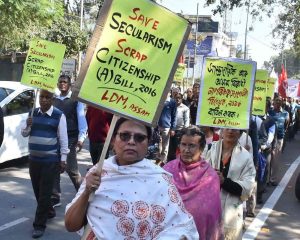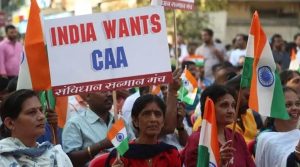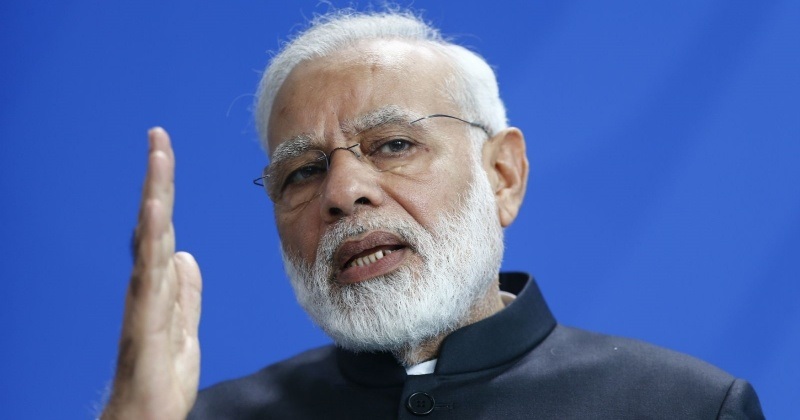Indian Government Implements Citizenship Amendment Act Amidst Controversy
In a significant move, the Indian government has officially announced the enforcement of the Citizenship Amendment Act (CAA), a contentious law passed in 2019. The decision comes weeks before Prime Minister Narendra Modi seeks an unprecedented third term for his Hindu nationalist government.

Citizenship for Non-Muslim Refugees
The CAA allows Indian citizenship for non-Muslim refugees from neighboring countries, specifically targeting Hindus, Parsis, Sikhs, Buddhists, Jains, and Christians who fled to India from predominantly Muslim Afghanistan, Bangladesh, and Pakistan before December 31, 2014. This law has been criticized as “anti-Muslim” by rights groups, sparking concerns about the secular nature of the world’s largest democracy.
The announcement follows nationwide protests in 2019, during which violence erupted in New Delhi, resulting in casualties, with a majority being Muslims. Until now, the government had not drafted rules for the law, contributing to ongoing debates and tensions.
A government spokesperson stated, “The Modi government announces implementation of Citizenship Amendment Act,” emphasizing that this move aligns with the Bharatiya Janata Party’s (BJP) 2019 election manifesto, aiming to provide citizenship for persecuted minorities.
Citizenship of Muslims
Opponents, particularly Muslim groups, express apprehension, asserting that the CAA, coupled with a proposed National Register of Citizens (NRC), may discriminate against India’s 200 million Muslims. There are concerns that the government could potentially revoke the citizenship of Muslims in border states lacking proper documentation.
In response, the government denies allegations of being anti-Muslim, defending the law as essential to assist minorities facing persecution in Muslim-majority nations. Authorities argue that the law’s purpose is to grant citizenship rather than strip it away, dismissing earlier protests as politically motivated.

Attacks on Muslim Communities
Human rights groups allege an increase in mistreatment of Muslims under Modi’s leadership since 2014, with rising attacks on Muslim communities, including property demolitions and mob lynching incidents. Critics claim that cow vigilantism, once operating on society’s fringes, has gained mainstream acceptance under the BJP’s rule. Reports reveal a surge in hate speech against Muslims, with a notable concentration in states governed by the BJP, averaging nearly two anti-Muslim hate speech events per day in 2023.
The implementation of the CAA raises broader questions about the direction of India’s governance and its commitment to religious and ethnic inclusivity.







